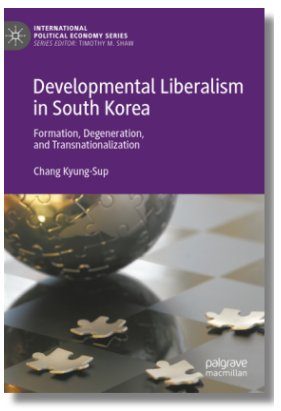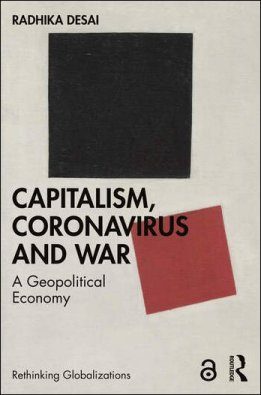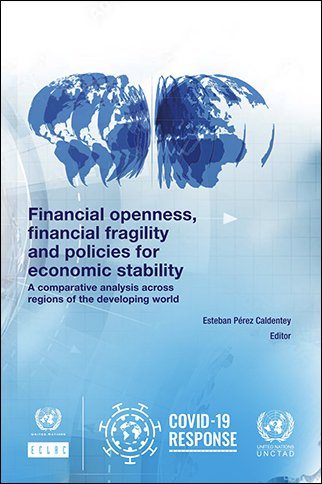Publisher: Third World Network Year: 2023 No. of pages: 42 Download now About the Book…
Developmental Liberalism in South Korea: Formation, Degeneration, and Transnationalization Chang Kyung-Sup
 Publisher : Palgrave Macmillan
Publisher : Palgrave Macmillan
eBook ISBN : 978-3-030-14576-7
Hardcover ISBN : 978-3-030-14575-0
About the Book
This book characterizes South Korea’s pre-neoliberal regime of social governance as developmental liberalism and analyzes the turbulent processes and complex outcomes of its neoliberal degeneration and transnational reconfiguration since the late 1990s. As its main purposes, this work (1) examines the basic attributes of South Korea’s developmental liberalism as the developmental state’s regime of social governance, (2) analyze the conditions, processes, and consequences of the country’s neoliberalization as a post-developmental liberal transition, and (3) elucidates the latest process of the whole Asia’s developmental liberalization and its South Korean parameters. Instead of repeating the politically charged critical view on South Korea’s failure in socially inclusionary and sustainable development, the author closely examines the systemic interfaces of the economic, political, and social constituents of its developmental transformation. Developmental liberalism is the developmental state’s (both explicit and implicit) regime of social governance under which a wide range of social policies have been strategically harnessed for facilitating capitalist industrialization and economic growth as the nation’s prime purpose. During its heydays of state-capitalist development, South Korea turned and remained developmentally liberal, instead of liberally liberal (like the United States among others) in its economic and sociopolitical configuration as to social security, labor protection, population, education, and so forth. South Korea’s neoliberal transition – initially conceived since the late 1980s, ironically along its democratic restoration, and radically accelerated during the national financial crisis in the late 1990s – turned out incomparably volatile and destructive due crucially to its various distortive effects on the country’s developmental liberal order. Concurrently, the national demise of developmental liberalism has been accompanied by the rise of developmental liberal Asia for which South Korea functions as a key transnational facilitator.
Table of Contents (8 chapters)
- Introduction: Developmental Social Governance in Transition (Pages 3-14)
- Developmental Liberalism: The Developmental State and Social Policy (Pages 15-48)
- Coping with the “IMF Crisis” in the Developmental Liberal Context (Pages 51-84)
- Developmental Citizenry Stranded: Jobless Economic Recovery (Pages 85-99)
- Financialization of Poverty: Consumer Credit Instead of Social Wage? (Pages 101-122)
- Demographic Meltdown: Familial Structural Adjustments to the Post-Developmental Impasse (Pages 123-134)
- From Developmental Liberalism to Neoliberalism (Pages 137-151)
- The Rise of Developmental Liberal Asia: South Korean Parameters of Asianized Industrial Capitalism (Pages 153-168)
About Author
Chang Kyung-Sup is a Professor of Sociology at Seoul National University, South Korea.



